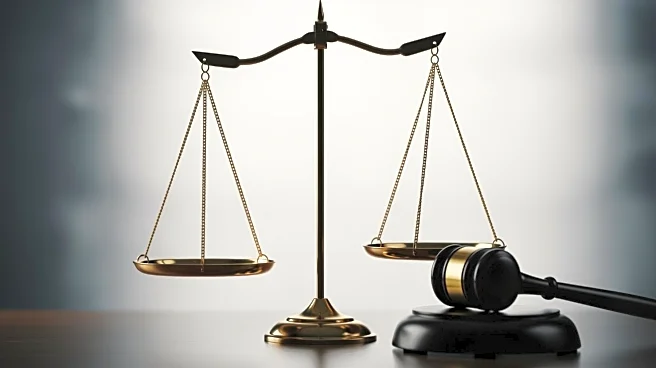What's Happening?
The views on executive power in the United States have evolved significantly since the era of Franklin D. Roosevelt. During FDR's presidency, there was resistance to his attempts to modernize the executive branch. Today, the balance of power between the executive and
other branches of government continues to be a topic of debate, as political dynamics shift and new challenges arise.
Why It's Important?
Understanding the changing views on executive power is crucial for analyzing current political dynamics and governance in the U.S. The balance of power affects policy-making, the implementation of laws, and the overall functioning of government. As political leaders navigate complex issues, the role and authority of the executive branch remain central to discussions on governance and democracy.
Beyond the Headlines
The evolution of executive power reflects broader shifts in political ideology and public expectations of government. It raises questions about accountability, transparency, and the effectiveness of checks and balances. These discussions are essential for ensuring that democratic principles are upheld and that government actions align with the needs and values of the populace.















